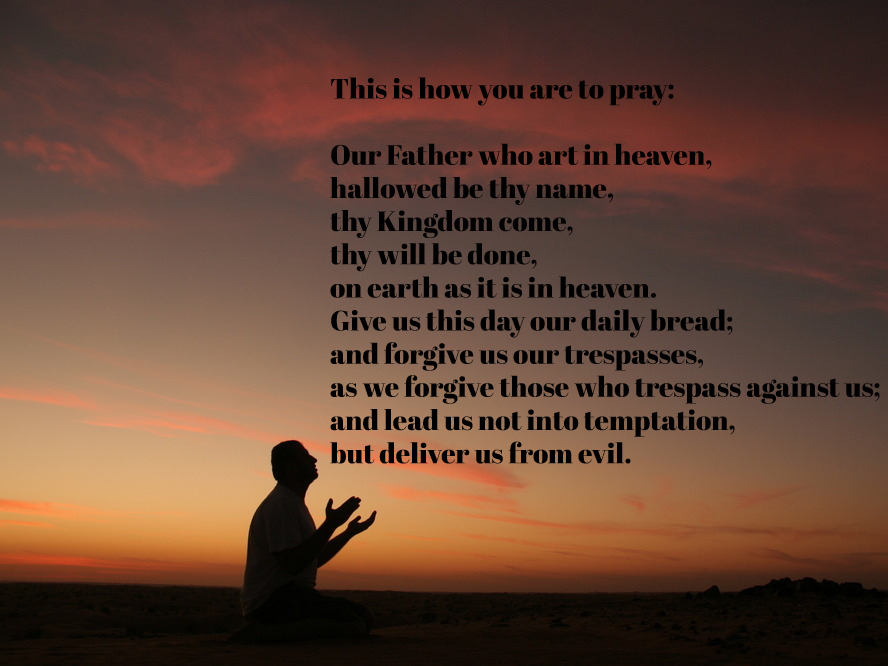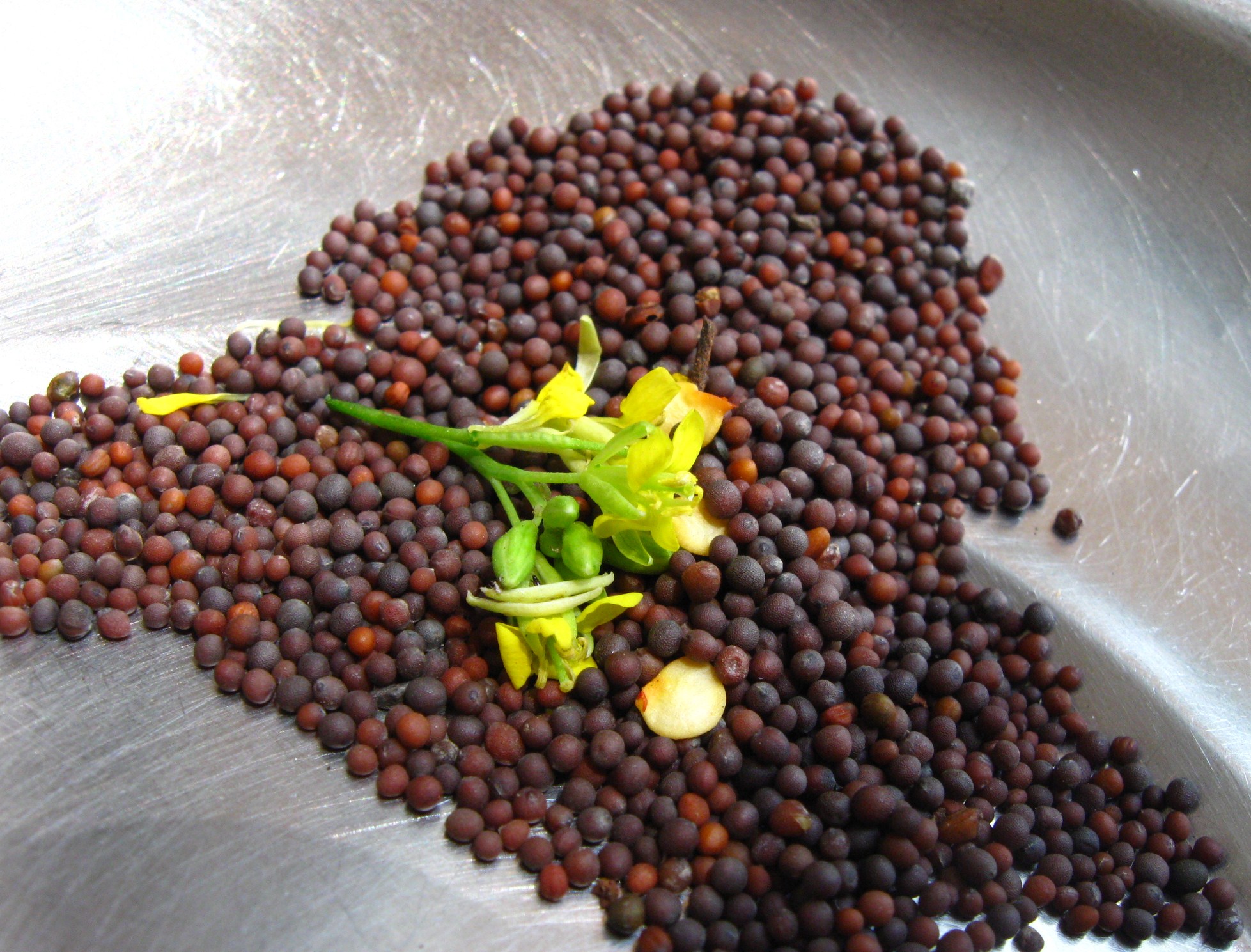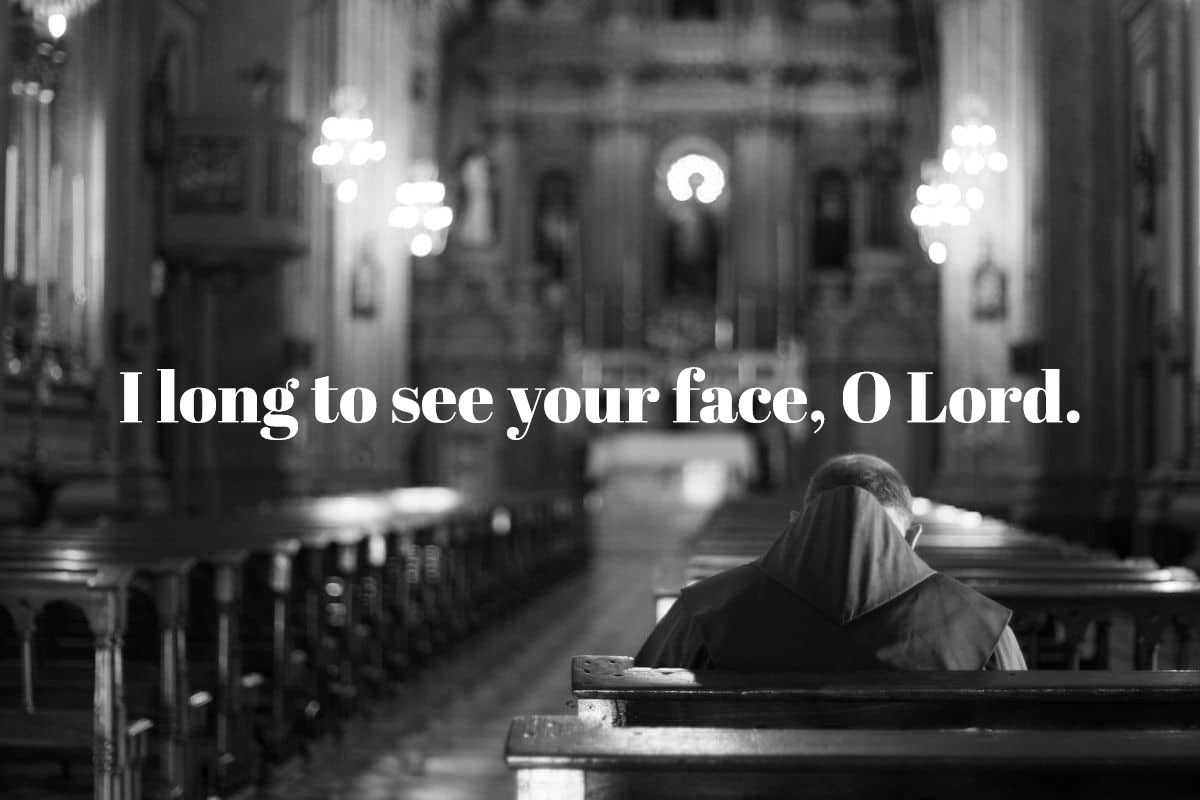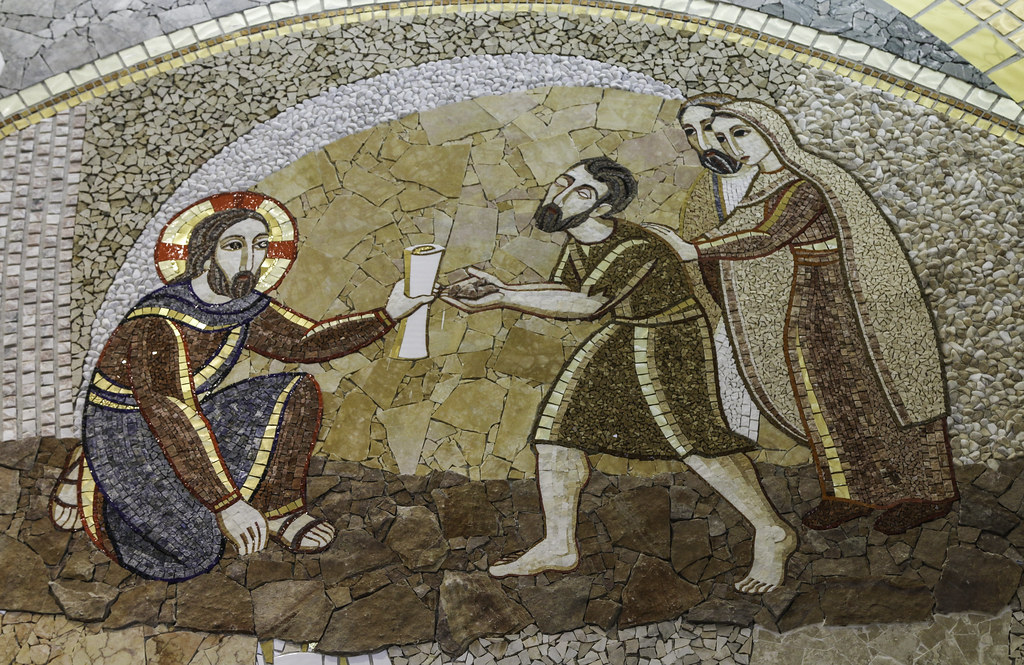Today’s readings
If today’s feast of the Most Holy Trinity teaches us anything about the nature of God, it might be that we know next to nothing about the nature of God! To be clear, I don’t mean that as a negative thing. God is so close to us and so far beyond us, that there is always something new to learn about God, and that can be exciting if we approach it in a prayerful and expectant way. God always wants to reveal Himself to us, and that’s why we have Scripture and Tradition, that’s why he sent his only Son into the world. He wants us to know him and follow him and be in relationship with him. And today, on this feast of the Most Holy Trinity, we are invited to take a deeper look at who God is and how he reveals himself to us and what that means in our lives and in our world.
Many of the great minds of our faith have wrestled with the nature of the Holy Trinity. How can one God contain three Persons, how could they all be present in the world, working among us in different ways, and yet remain but one? Saint Patrick’s image of the shamrock is one image we’ve seen, but it doesn’t really work all that well. Saint Augustine was rebuked by God in a mystical experience for trying to figure it all out. The story goes that he was walking along the beach one day, trying to figure out the nature of the Holy Trinity. As he walked along, he came across a little boy who had dug a hole in the sand right next to the shore. With his little hands he was carrying water from the ocean and was dumping it in the little hole. St. Augustine asked, “What are you doing, my child?” The child replied, “I want to put all of the water of the ocean into this hole.” Augustine asked him, “But is it possible for all of the water of this great ocean to be contained in that little hole you’ve dug?” And the child asked him in return, “If the water of the ocean cannot be contained in this little hole, then how can the Infinite Trinitarian God be contained in your little mind?” With that the child disappeared.
Ultimately, I think the Trinity isn’t the kind of mystery one solves. And that’s hard for me because I love a good mystery! The kind of mystery that is the Holy Trinity is a mystery that takes us beyond the last page. This is one we’ll take to heaven with us, I think, intending to ask God to explain it when we get there, but when we get there, we’ll most likely be too much in awe to ask any questions. And so we are left with the question, who is this that is the Holy Trinity? How do we explain our one God in Three Persons? Who is this one who is beyond everything and everyone, higher than the heavens, and yet nearer than our very own hearts?
One of the best minds of our faith, Saint Thomas Aquinas, has described the Holy Trinity as a relationship, and I think this is helpful. The Father loves the Son and the Son loves the Father, and the Holy Spirit is the love between the Father and the Son. This makes sense to us on some levels, because we all have been taught, and we all accept, that God is love. And not just the kind of paltry love that our pop culture and society calls love, but love in the deepest of all senses, the kind of love that is self-giving and that intimately shares in the life of the other. God is love, but God is better than the best love our feeble human minds can picture. The love that is God is a love so pure that it would wholly consume us if we gave ourselves to it completely. Just as difficult as it is for our minds to describe the Holy Trinity, so that love that is God is impossible for our minds to grasp.
But this picture of God as a relationship of love is important to us, I think, because we need to relate to God in different ways at different times. Because sometimes we need a parent. And so relating to God as Father reminds us of the nurturing of our faith, being protected from evil, being encouraged to grow, and being corrected when we stray. And sometimes we need the Son. Relating to God the Son – Jesus our brother – reminds us that God knows our needs, he knows our temptations, he’s experienced our sorrows and celebrated our joys. God the Son reminds us that God, having created us in his own image and likeness, loves what he created enough to become one of us. Sometimes, too, we need a Holy Spirit. Because we often have to be reminded that there is something beyond ourselves. The Holy Spirit reminds us that there is a part of us that always longs for God, no matter how far we have strayed. The Spirit reminds us that our sins are not who we are and that repentance and forgiveness are possible. It is the Holy Spirit that enables us to do the really good things we wouldn’t be capable of all by ourselves, the really good things that are who we really are before God. We need God to be Father, Son, and Holy Spirit in our lives.
One of the strongest messages about the nature of God that we are hearing in today’s Liturgy of the Word is in our first reading from the book of Deuteronomy. Moses asks the people: “Or did any god venture to go and take a nation for himself from the midst of another nation, by testings, by signs and wonders, by war, with strong hand and outstretched arm, and by great terrors, all of which the Lord, your God, did for you in Egypt before your very eyes?” He makes very clear the gift we have been given: that our God, not only for us, but for our society, for our nation, for our world, has chosen us and delivered us and given us many blessings. So in this time of turmoil – wars all over the world, scandal and upheaval in our own governmental system, terror and crime and poverty everywhere – in this time, we need to return to our God.
Moses is clear about that: “This is why you must now know, and fix in your heart, that the LORD is God in the heavens above and on earth below, and that there is no other. You must keep his statutes and commandments that I enjoin on you today, that you and your children after you may prosper, and that you may have long life on the land which the LORD, your God, is giving you forever.” It’s time for all of us, of every religion, every person of good will, in every place, to get over ourselves and realize the gift we have been given, the God who has been present to us in good times and bad, and to honor that in the way that we live our lives, in the words we say, in our private life, in our political life, in our public life, in our religious life. If we are believers in God, then we have to be people who show that with integrity, or our world will continue its rapid plummet into chaos that we have been experiencing in these days.
So yes, we need God to be Trinity for us. We need the Father, Son, and Holy Spirit, one God in three Divine Persons, to be in our lives to guide us in multiple ways and to show himself as the God who cares for us beyond anything we can imagine, who sees beyond our sinfulness, who leads us to glory, who makes of us a great nation. That’s our God. And, as our Gospel suggests today, the Most Holy Trinity must be shared with people in every time and place. God the Father, Son and Holy Spirit wants to relate to all of us, be present to all of us, and call all of us to discipleship through common baptism, and it’s up to us to point the way to that Trinity of love that longs to be in loving relationship with all people.
Glory be to the Father, and to the Son, and to the Holy Spirit:
As it was in the beginning, is now, and ever shall be.
World without end. Amen.










You must be logged in to post a comment.